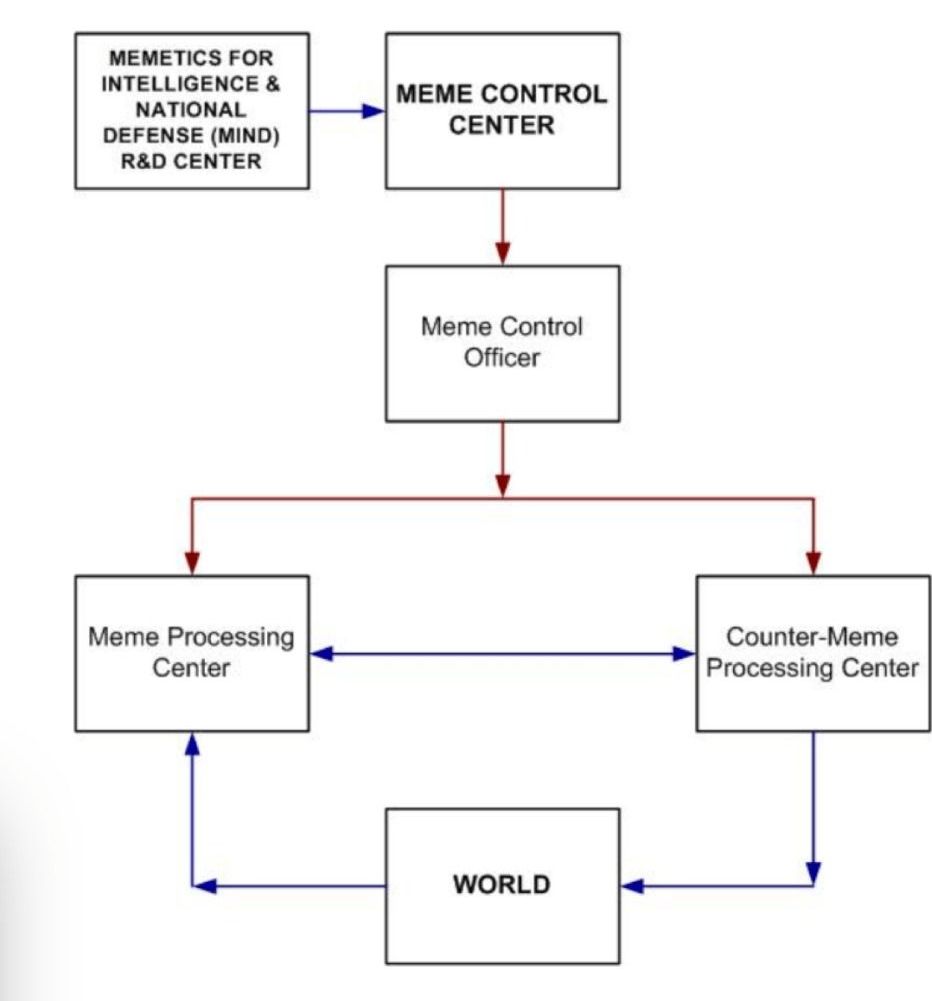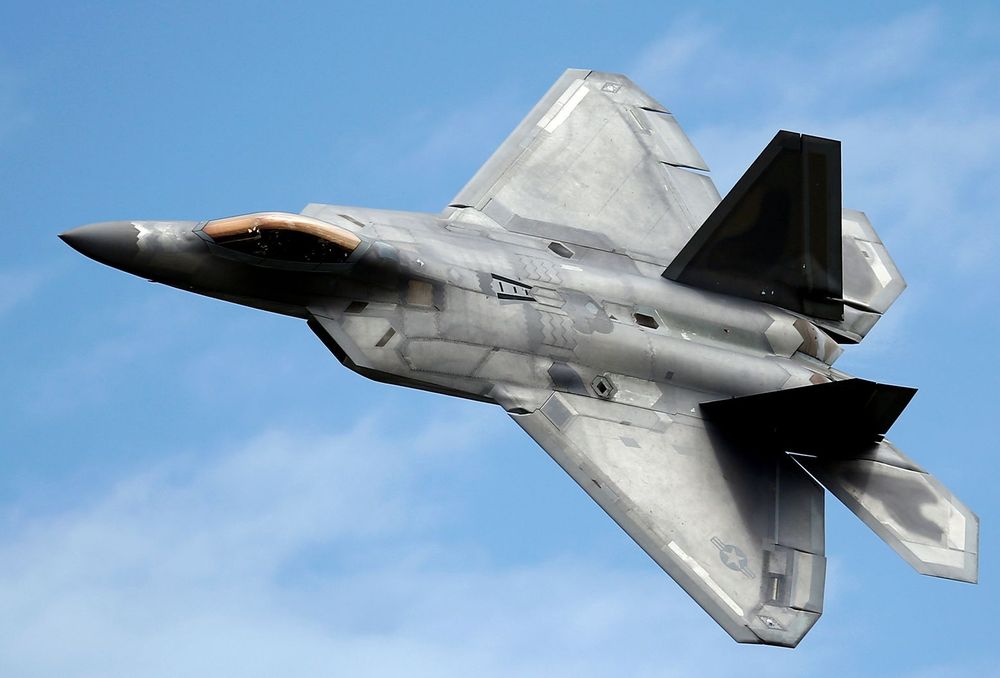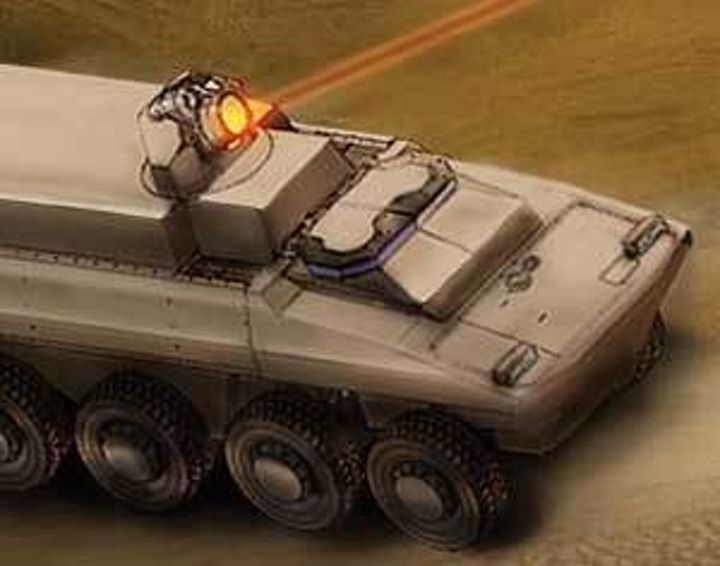Hey Google, how many enemy combatants remain standing?
British soldiers could soon be offered a “military Alexa” digital assistant which would provide troops in the field with automated information from combat tactics to repair instructions.
The Ministry of Defence has awarded a £700,000 contract to a British technology company to explore the feasibility of an artificial intelligence “chatbot” which will allow soldiers on deployment to obtain crucial information via computer link.
The specification for the AI system requires that it be accessible via military “tactical radios” and handheld devices, suggesting that it could even be used by troops on the frontline engaged in combat to access intelligence and vital information. Although initially text based, the chatbot could also be further developed to give instructions by voice.








